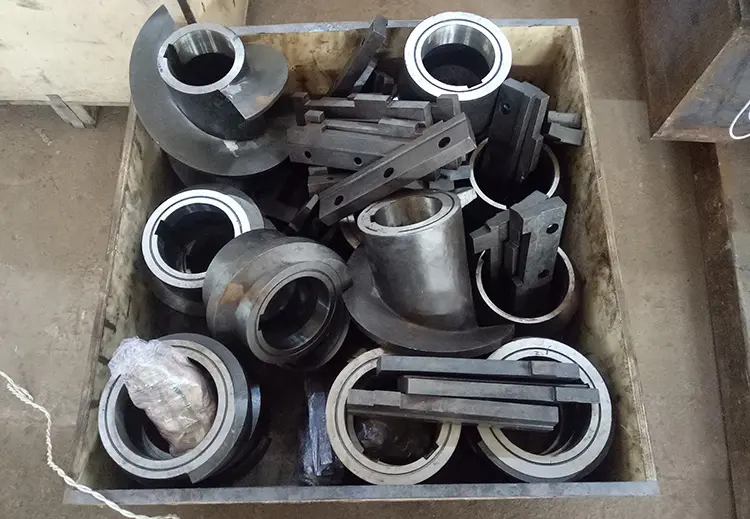Окт . 13, 2024 01:15 Back to list
Leading Soybean Oil Refinery Production Line for High-Quality Edible Oil Processing
The Prominence of Soybean Oil Refinery Lines A Gateway to Quality Cooking Oil
The soybean oil refinery line is a crucial component in the food processing industry, especially in the production of high-quality cooking oil. As consumer demand for healthier and more sustainable cooking oils continues to rise, the significance of advanced soybean oil refining technologies has never been more acute. Understanding how these refinery lines operate, their benefits, and their contribution to the global market can shed light on their importance.
At the heart of a typical soybean oil refinery line is the process of extracting oil from soybeans and refining it to enhance its purity, flavor, and shelf-life. The first step involves the extraction of crude soybean oil from the seeds, which is commonly done using either mechanical pressing or solvent extraction methods. Mechanical pressing involves squeezing the soybeans to release the oil, while solvent extraction employs solvents such as hexane to dissolve the oil from the crushed soybeans. This initial phase yields a crude soybean oil that contains various impurities, including phospholipids, free fatty acids, and trace metals.
Following extraction, the crude oil undergoes refining, which consists of several key processes degumming, neutralization, bleaching, and deodorization. Each of these processes plays a vital role in enhancing the quality of the final edible oil.
1. Degumming This step removes phospholipids, which can affect oil stability and appearance. By adding water or acid, the phospholipids become hydrated and can be separated from the oil.
2. Neutralization Here, free fatty acids are removed to improve the oil's taste and stability. This is usually done by adding an alkali solution, forming soap that can be separated from the oil.
famous soybean oil refinery line

3. Bleaching The bleaching process removes color pigments and any remaining impurities, using adsorbents, such as activated clay. This is essential for achieving the light yellow color that is often desired in cooking oils.
4. Deodorization The final refining step involves removing odors and flavors through steam distillation. This process ensures that the final product is neutral in taste and odor, making it suitable for a variety of culinary applications.
An important aspect of modern soybean oil refinery lines is their ability to produce high levels of oil purity while minimizing waste and energy consumption. Advances in technology, such as the use of continuous processing systems and state-of-the-art filtration methods, have greatly enhanced operational efficiency. This not only results in higher yields but also reduces the carbon footprint associated with oil production.
Additionally, the economic impact of soybean oil refinery lines is significant. As one of the most widely consumed cooking oils globally, soybean oil is essential for both personal and industrial cooking. It is commonly used in households and food processing industries due to its versatility, stability in cooking, and health attributes, as it is rich in polyunsaturated fats and essential fatty acids.
Moreover, the demand for sustainable practices in food production has elevated the profile of soybean oil as an eco-friendly option. Many refinery lines are now incorporating environmentally friendly practices, such as recycling water and utilizing renewable energy sources, in line with global sustainability goals.
In conclusion, the soybean oil refinery line embodies a synergy of technology, health, and sustainability. Its critical role in producing high-quality oil not only meets culinary demands but also aligns with a growing emphasis on health-conscious and environmentally friendly food production practices. As technology continues to advance, we can expect further innovations in soybean oil refining, ultimately benefiting consumers, producers, and the planet as a whole. The future of cooking oil looks promising, with soybean oil at the forefront of this evolution.
-
Premium Black Seed Oil Expeller - High Efficiency Cold Press Oil Machine
NewsJul.31,2025
-
Oil Processing Equipment - High-Efficiency Flaking Machine
NewsJul.25,2025
-
High-Efficiency Peanut Oil Refined Machine for Quality Oil Production Leading Exporters & Companies
NewsJul.08,2025
-
High Efficiency Sunflower Seed Oil Press – Leading Cooking Oil Press Machine Factories & Suppliers
NewsJul.08,2025
-
High-Efficiency Soybean Oil Press Machine – Leading Exporters & Reliable Companies
NewsJul.07,2025
-
High-Efficiency Seed to Oil Extractor – Reliable Extraction Machinery for Your Business
NewsJul.07,2025
